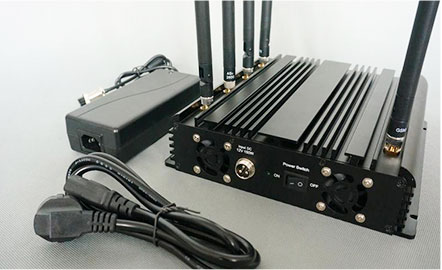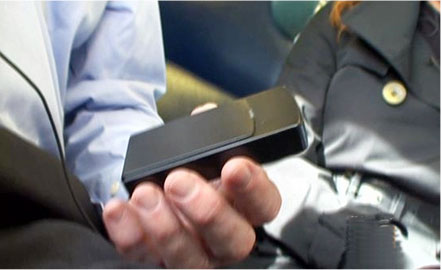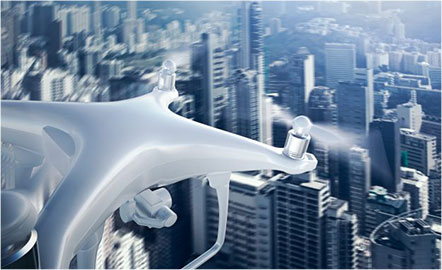When you call our customer service centers or other phone support lines, we may record audio of the conversations for quality control, training, security, and analytics purposes. If you use e-mail or chat functions to communicate with our customer service, we may also record and monitor those channels for similar purposes.
We may obtain certain information about you from other businesses, such as updated addresses or phone numbers we obtain from vendors who maintain such data. We may also obtain information about you from individuals, such as through “Refer a Friend” programs, if someone purchases a product and asks that it be delivered to you, or if an Iris customer indicates they want you to receive alerts related to their Iris system. We may also obtain information from public sources, such as information you submit in a public forum (for example, a customer review).
We may also obtain information about you from Lowe’s affiliates.

When you connect devices to the Iris platform the devices may transmit data directly or indirectly to the Iris platform over the Wi-Fi or cellular connection you have chosen. This data is collected, stored and analyzed to deliver the various Iris services and customize your experiences. For instance, we may collect technical information about the product (e.g., model, serial number, software version), environmental information from product sensors (e.g., temperature, lighting, movement), and information about events associated with the product (e.g., when a thermostat is adjusted, when a light is turned on/off, when a user arrives home). If the device is designed to be mobile (e.g., a smart key fob) we may collect information about when the device is present in the home (e.g., to turn on a light or adjust a thermostat when the device is present).
When you choose to connect Iris-compatible devices from third-parties, some of the foregoing information may be shared between Iris and the device manufacturer or developer. For example, if you connect a smart refrigerator to the platform, sensor information may be needed by the manufacturer to allow for repair and maintenance purposes. But it may also be needed by Iris to allow for management through the Iris applications or other user interfaces or for other recommendations. In some instances, the information is collected directly by the third-party and shared with Iris. In others, the information is collected by Iris and shared with the third party or collected simultaneously by Iris and the manufacturer. When you connect such devices you will be provided details about the sharing. Your consent to such sharing may be explicit or implicit. You can revoke such consent at any time, but by doing so you may impair the function of the device or its management through the Iris platform.
If you connect video cameras or other video enabled devices to the Iris platform, you may have the ability to monitor live streaming video and to record video from the device. If you choose to record video, you can control the circumstances under which video recordings are made and saved. We will store the video you choose to record and save the video up to the data limits associated with your account.
 How to perform interference "links"?
How to perform interference "links"?
 Sea Drone Safety
Sea Drone Safety
 Contact Information.
Contact Information.
 Time Limit for Claims; Third Party Beneficiaries.
Time Limit for Claims; Third Party Beneficiaries.